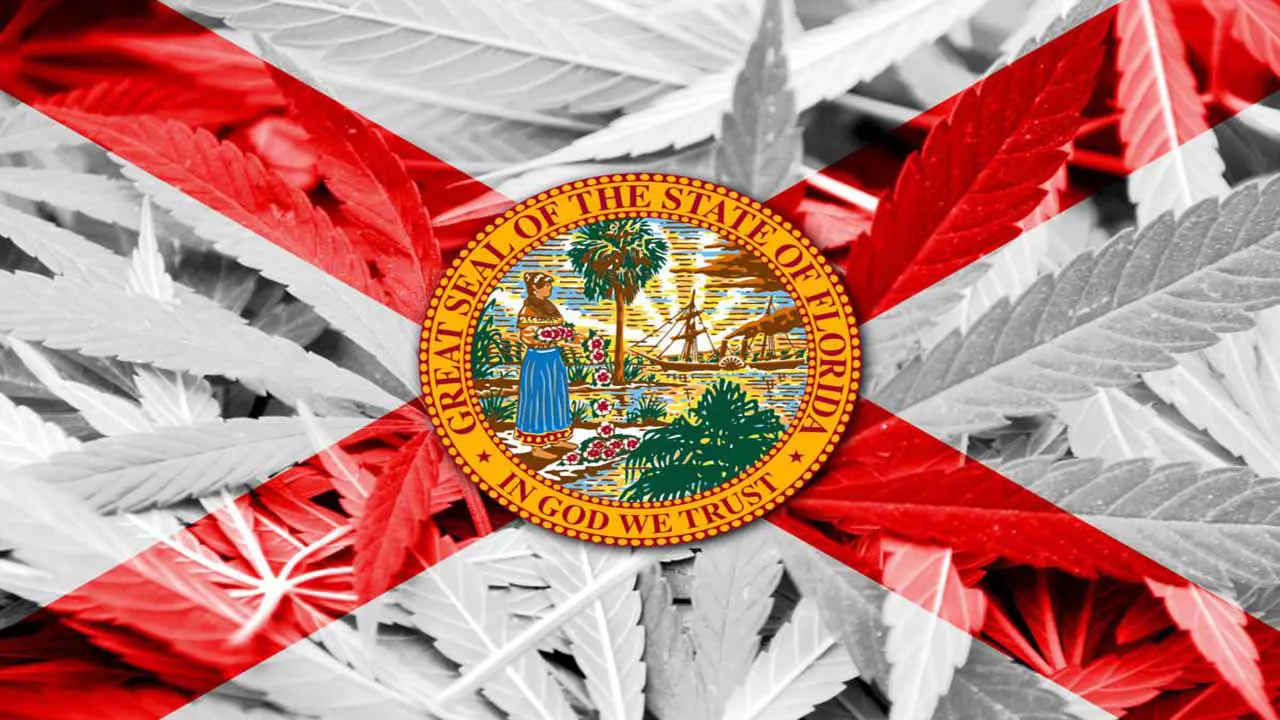(Bloomberg) — Stocks slumped, in a reversal of the dramatic rally of the past couple of days that was driven by oversold conditions and a debate on whether the global monetary tightening cycle would be close to a peak.
Most Read from Bloomberg
Traders got some fresh insights on the economy, with data showing better-than-estimated growth at US service providers and companies hiring at a solid clip, which could complicate the Federal Reserve’s task to tame decades-high inflation. The figures provided one more reason for the slide in equities, with the S&P 500 halting a two-day surge. Bond yields rose with the dollar.
Also not helping sentiment toward risk assets were comments from Fed Bank of San Francisco President Mary Daly, who said market anticipation of rate cuts next year is misplaced, as the central bank aims to keep policy tight to secure 2% inflation. “I don’t see that happening at all,” Daly said in an interview with Michael McKee on Bloomberg Television when asked about the trajectory in futures pricing that suggests rate hikes followed by reductions.
To Win Thin at Brown Brothers Harriman, the notion of any Fed pivot is just “wishful thinking” as Fed officials remain hawkish. He says another 75-basis-point hike in November is a “done deal.”
Volcker Lesson to Generation QE: Stock Recoveries Can Take Years
“Over the last few sessions, the market was too quick price in the ‘peak rate’ story in markets,” said Bipan Rai, head of North America currency strategy at CIBC. “Price pressures are set to remain sticky for some time and while the Fed might be closer to smaller incremental hikes than not, playing this via a ‘peak rate’ view is fairly dicey.”
All eyes will now be on the government’s payrolls report Friday that’s forecast to show another month of robust job creation and the unemployment rate holding near a 50-year low. To Charlie McElligot at Nomura Securities, Wednesday’s jobs numbers helped mitigate some of that “dovish vibe” that followed data showing a slide in US job openings, which lent credibility to the idea that the labor market could be moderating.
As the Fed intensifies its inflation fight, a report from the Mortgage Bankers Association illustrates the abrupt swing in borrowing costs. US mortgage rates jumped to a 16-year high of 6.75%, marking the seventh-straight weekly increase and spurring the worst slump in home loan applications since the depths of the pandemic.
If history is any guide, “markets will need to experience more stress” before a pivot in monetary policy and an equity bottom, Wells Fargo & Co. strategists led by Christopher Harvey wrote. The Cboe Volatility Index is still trading below 40 — a threshold that in the past signaled a shift to monetary easing.
US stocks just posted a rare streak of quarterly declines and are in a bear market, but Citigroup Inc. quantitative strategists say they’re only just starting to reflect the risks of a recession. A team led by Hong Li said equities could come under further pressure as they continue to be “heavily driven” by heightened bond market volatility as well as concerns around persistent inflation and hawkish Fed.
There’s “more downside risk for the market and the earnings season,” they wrote.
In fact, investors’ uncertainty toward the health of US companies is rising — and their leaders haven’t done much to help. The lack of an accurate road map for the crucial earnings season is setting the stage for a slew of potential surprises when the reporting season kicks off in coming weeks.
Aside from those few providing cold, hard numbers, executives at the 1,000 largest US firms have spent the past three months voicing a similar message in their public remarks: They’re unsure about what’s ahead. They’ve mentioned “uncertainty” or its synonyms when describing the outlook 484 times during that time, the highest tally since the quarter ending March 2021, data compiled by Bloomberg show.
KKR’s Debt Deal Shows How Ugly Things Are Getting for Lenders
Key events this week:
Eurozone retail sales, Thursday
US initial jobless claims, Thursday
Fed’s Charles Evans, Lisa Cook, Loretta Mester speak at events, Thursday
US unemployment, wholesale inventories, nonfarm payrolls, Friday
BOE Deputy Governor Dave Ramsden speaks at event, Friday
Fed’s John Williams speaks at event, Friday
Will earnings disappoint and push equities to new lows? This week’s MLIV Pulse survey asks about corporate earnings. It’s brief and we don’t collect your name or any contact information. Please click here to share your views.
Some of the main moves in markets:
Stocks
The S&P 500 fell 1.5% as of 10:47 a.m. New York time
The Nasdaq 100 fell 2%
The Dow Jones Industrial Average fell 1.2%
The Stoxx Europe 600 fell 1.2%
The MSCI World index fell 1.2%
Currencies
The Bloomberg Dollar Spot Index rose 0.9%
The euro fell 1.3% to $0.9858
The British pound fell 1.8% to $1.1270
The Japanese yen fell 0.4% to 144.70 per dollar
Cryptocurrencies
Bitcoin fell 2.2% to $19,900.57
Ether fell 2.6% to $1,326.74
Bonds
The yield on 10-year Treasuries advanced 13 basis points to 3.76%
Germany’s 10-year yield advanced 15 basis points to 2.02%
Britain’s 10-year yield advanced 16 basis points to 4.04%
Commodities
West Texas Intermediate crude rose 1% to $87.39 a barrel
Gold futures fell 0.8% to $1,717 an ounce
Most Read from Bloomberg Businessweek
©2022 Bloomberg L.P.
















